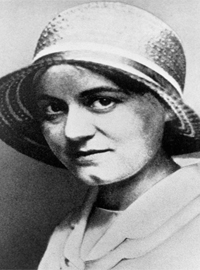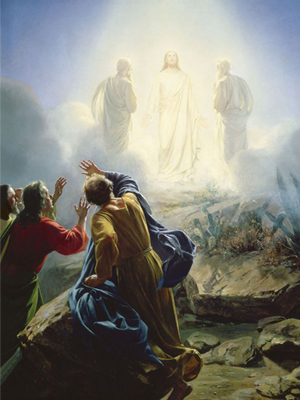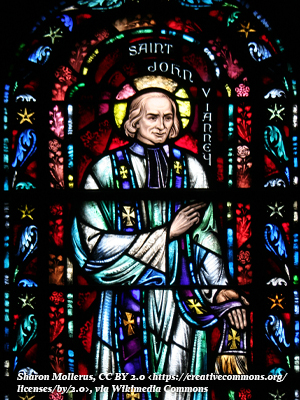Scripture:
Numbers 13:1-2, 25-14:1, 26-29a, 34-35
Matthew 15:21-28
Reflection:
Falling Into the Hands of the Living God

C.S. Lewis in one of his Chronicles of Narnia tells of a girl walking through a desert. She carries a burden of guilt for having done something hurtful to a boy she was traveling with; she is also dying of thirst. She sees a flowing stream ahead, but before reaching it an enormous golden lion comes to stand between her and the water. Are you thirsty? I’m dying of thirst. Come and drink…Do you swallow little girls? I have swallowed up girls and boys, men and women, kings and emperors, cities and realms. The lion said this neither boasting nor angry, it just said it…. I don’t think I’ll drink, then you will die. I’ll find another stream, there is no other…If I do drink will you hurt me? The lion answered her with only a low growl. It was the hardest thing she ever had to do, but she went to the stream, bent down and drank the best water she had ever tasted. When she finished the lion said to her, come to me. And she had to go. How dreadful to fall into the hands (paws) of the living God!
She found forgiveness and healing with the lion, who wanted to have the deepest, most intimate relationship with her. To be in her life and share adventures of glory.
Three or four generations after the events of our reading from the Book of Numbers I wonder if a mother sat in her tent with her young children making up a story about great-grand parents in the desert between them and Egypt. She told how their sins were burned away over a long period of time and they went to God, but not before passing on the wonders that were part of their life, along with the hopes and joys that their children would soon know in ‘the land flowing with milk and honey’.
First it was hunger, then thirst, then fear of giants. But she told the children how everyone doubted that God would really take care of them. Moses told the people God had said in the burning bush, ‘I will take you to a land flowing with milk and honey’.
All of that generation did walk back toward Egypt, it would seem several times over the course of many years! They died in that desert. It can be hard to trust God. The mother brings her story to a close. Do you think they came to trust God? The children agreed because they could see God as a pillar of fire at night and a cloud during the day, always leading them. They had to know God loved them, they saw God! Mom thought to herself, indeed but how hard it is to fall into the hands of the living God.
Like the Jewish mother, Matthew taught his Jewish and gentile community the mystery of salvation, telling of a brave woman who humbled herself to beg. God feeds us all at the table of the Eucharist, all of us, just as Jesus fed a Canaanite and the lost sheep of the house of Israel. God’s ways are not always our ways, hard to swallow at times.
We remember today Saint Teresa Benedicta of the Cross, O. Carm, Edith Stein, who perished in Auschwitz concentration camp. Being arrested she was heard to say to her sister who died with her, ‘come let us go with our people’.
Let us trust God’s love for us, hard though it may be, as it was for Israel, a Canaanite woman and Teresa Benedicta and her sister, to fall into the hands of the living God.
Fr. William Murphy, CP is a member of Immaculate Conception Community in Jamaica, New York.







